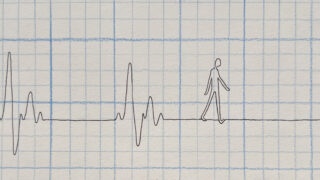
Guernica
Politics



Donald Rumsfeld Saved from Drowning
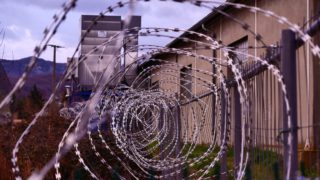
Secret Solitary
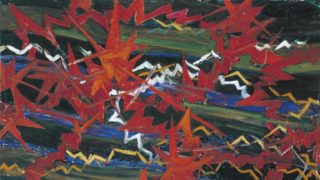

MAGA Jesus at the Capitol
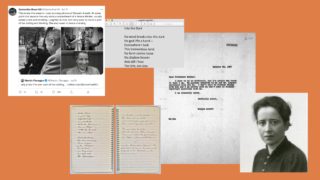
Samantha Rose Hill on Hannah Arendt: “You see the politics on her face”

Nihilism, Optimism, and the Noble Cause
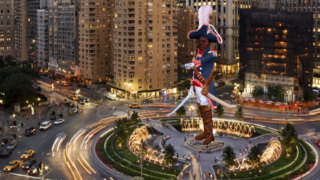
A Monumental Shift
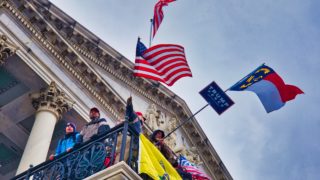
Lost for Words
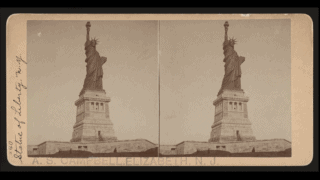
In the Land of Fiction and Fake News
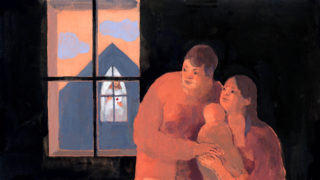
Jason the Heat Guy

Mourn and Organize

Things to Answer For

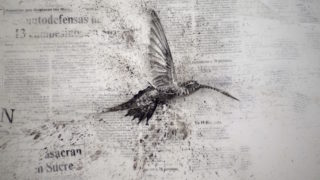
How to Wash Your Hands in a War Zone
My Fellow Americans
Mrs. Bhat’s Kashmiri Fish Dinner
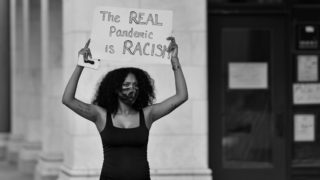
If They’re Losing, Who’s Winning?
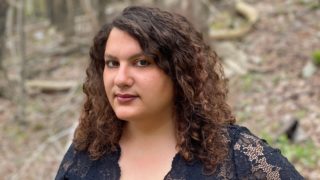
Talia Lavin: Into the Abyss

No Justice, No Peace

The Future in Catastrophic Times

The Optimist’s Apocalypse
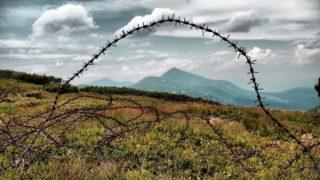
From Environmental Crisis to Pandemic, Waging a War with Nature
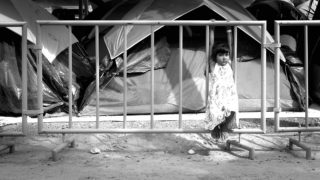
Out of Sight

Meaghan Winter: Progressives Can’t Give Up on the States
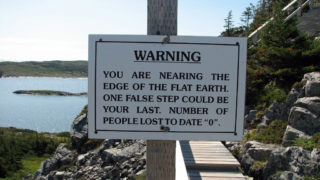

Recognizing Blackness in Chile
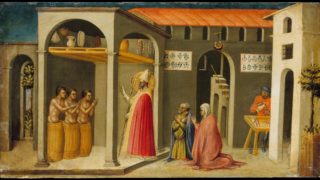
Anatomy of a Successful Campus Talk
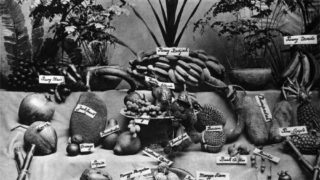
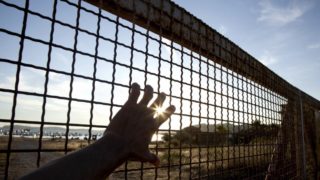
The Border Merchant

Dina Nayeri: The Craft of Writing the Truth about Refugees
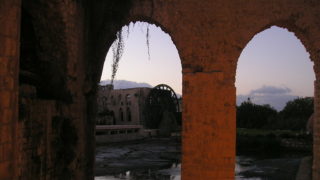
Bint el-Balad
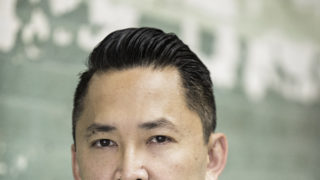
Viet Thanh Nguyen: Writing to Re-member

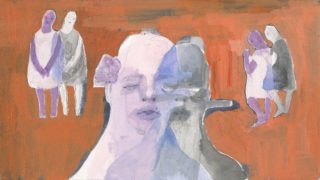
Death of a Dream
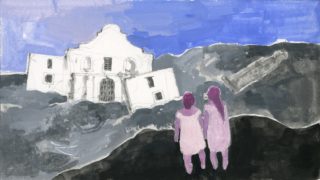
The Alamo is a Rupture
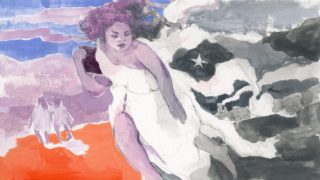
“The Best Kind of People”: Shifting Definitions of Citizenship and the Making of Arizona
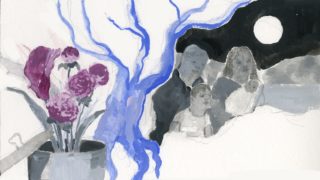
The Lucky Ones
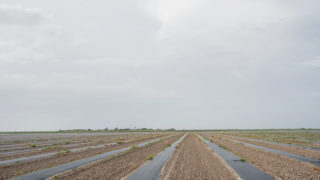
A Visit to the Border
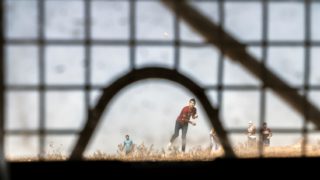
Marie Brenner: Public Stories and Private Wars
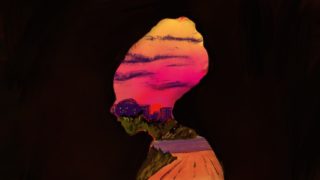
Ballots and Bloodshed: The Militarization of Local Politics in South Africa
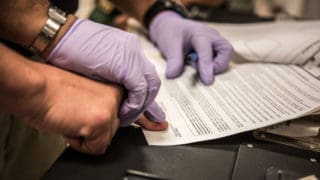
A State of Captivity: Immigrants Detained Repeatedly for Old Crimes

Among Catalan Winemakers, Separatism Uncorked

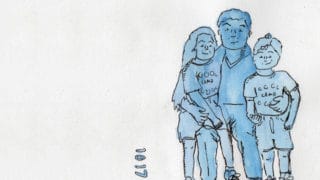
The Father of Three Bracing for Deportation
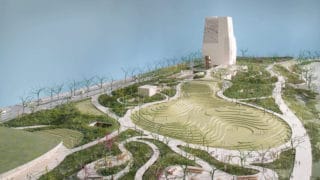
What Does the Obama Center Owe Chicago?
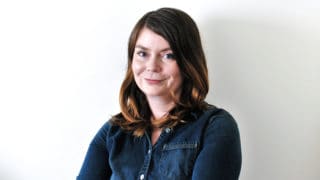
Elizabeth Catte: Appalachia Isn’t Trump Country
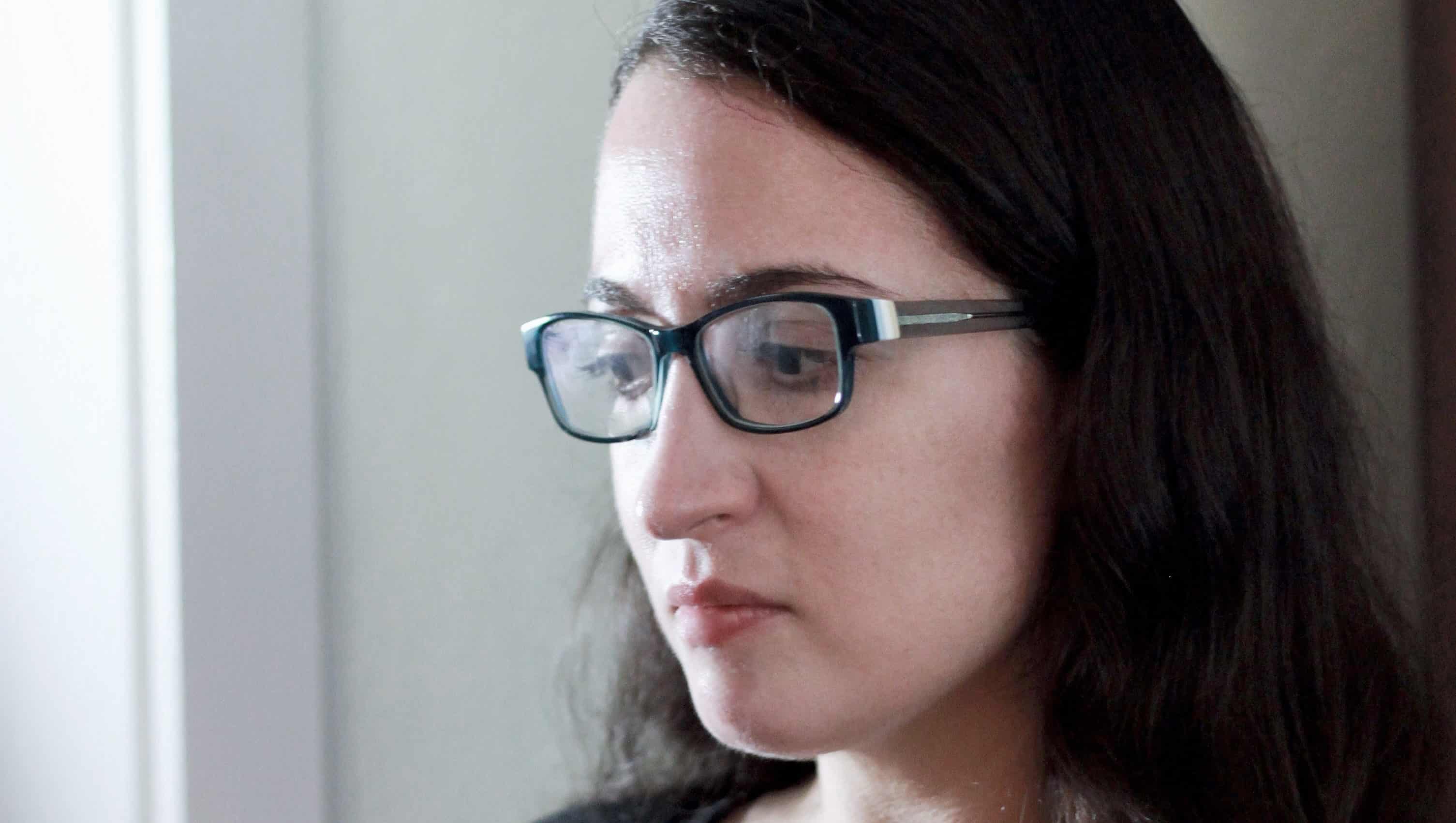
Kate Manne: The Shock Collar That Is Misogyny
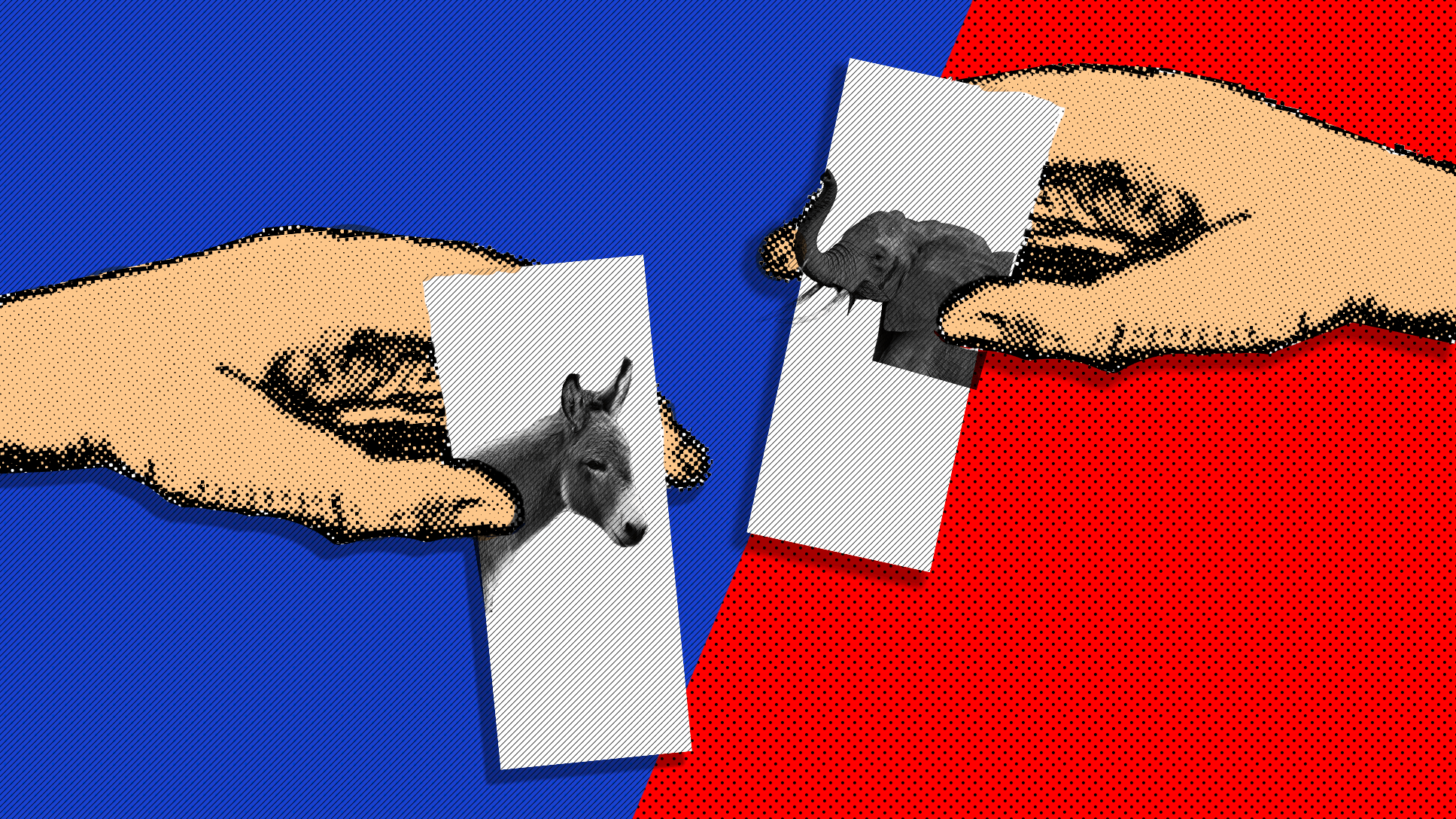
My Mother’s Secret Ballot
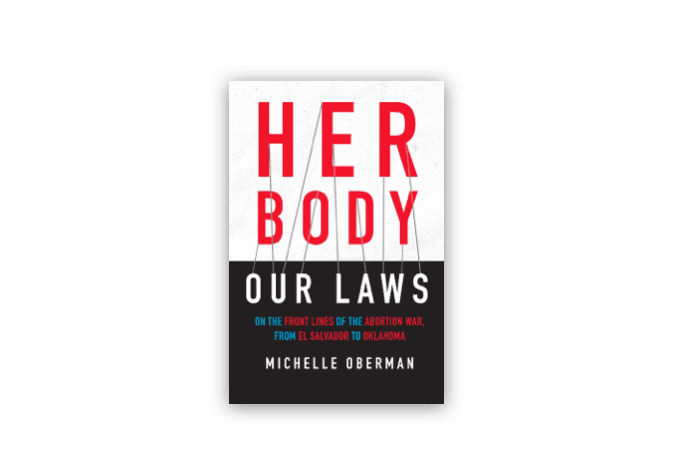
The Consequences of El Salvador’s Abortion Ban
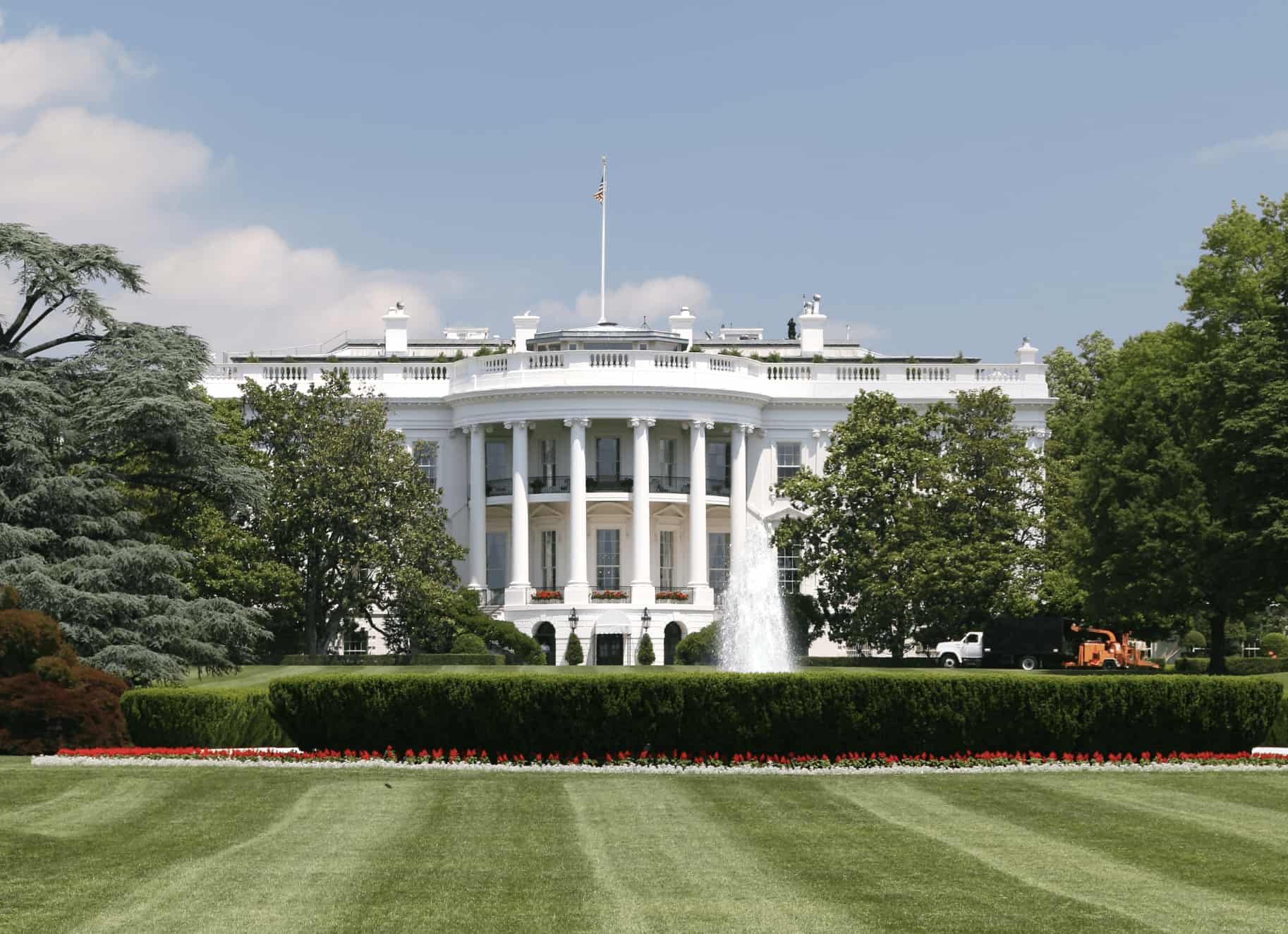

Eli Valley: Let the Horror Speak for Itself

The last dog in the world
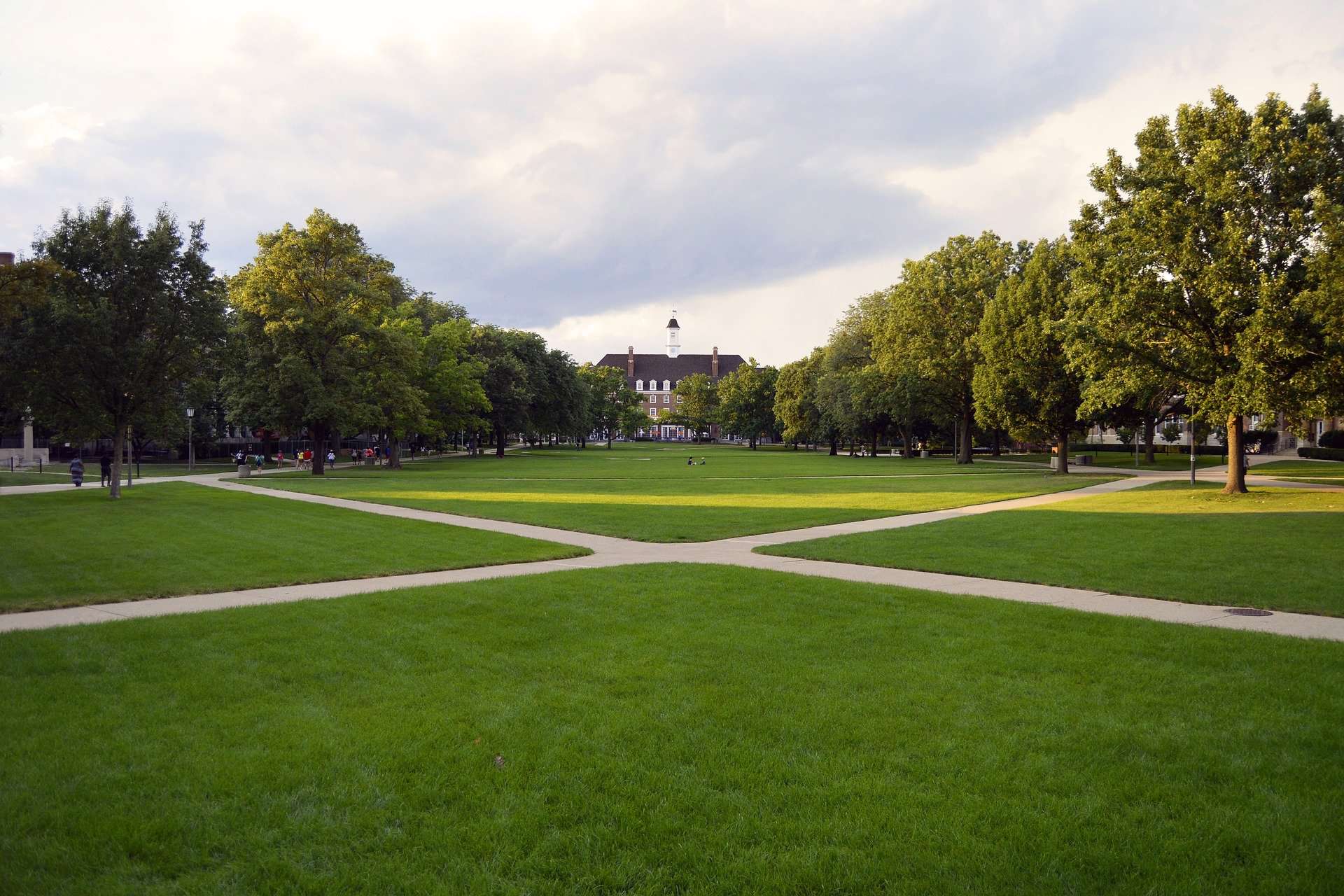
Universities’ Reliance on Contingent Faculty Endangers Free Speech on Campus
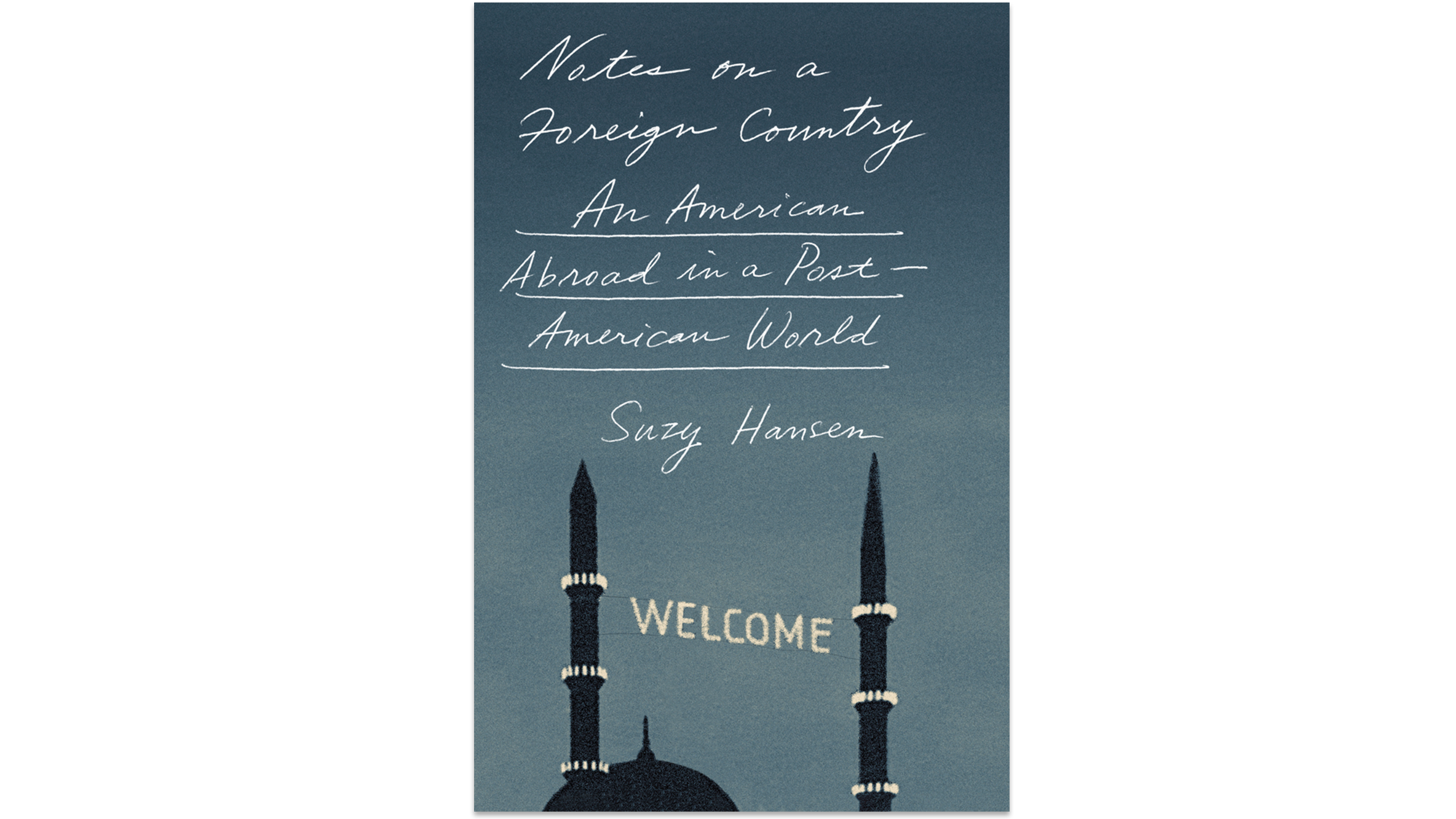
Suzy Hansen: The Rest of the World Knows
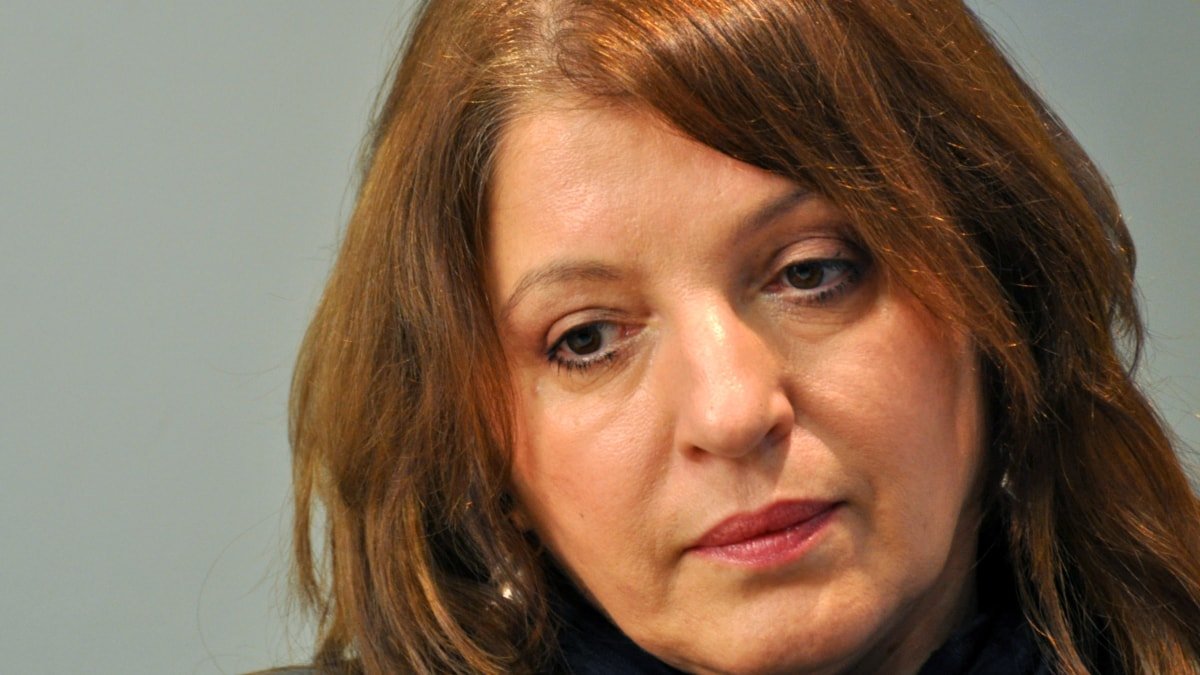
Mirjana Karanović: After Yugoslavia
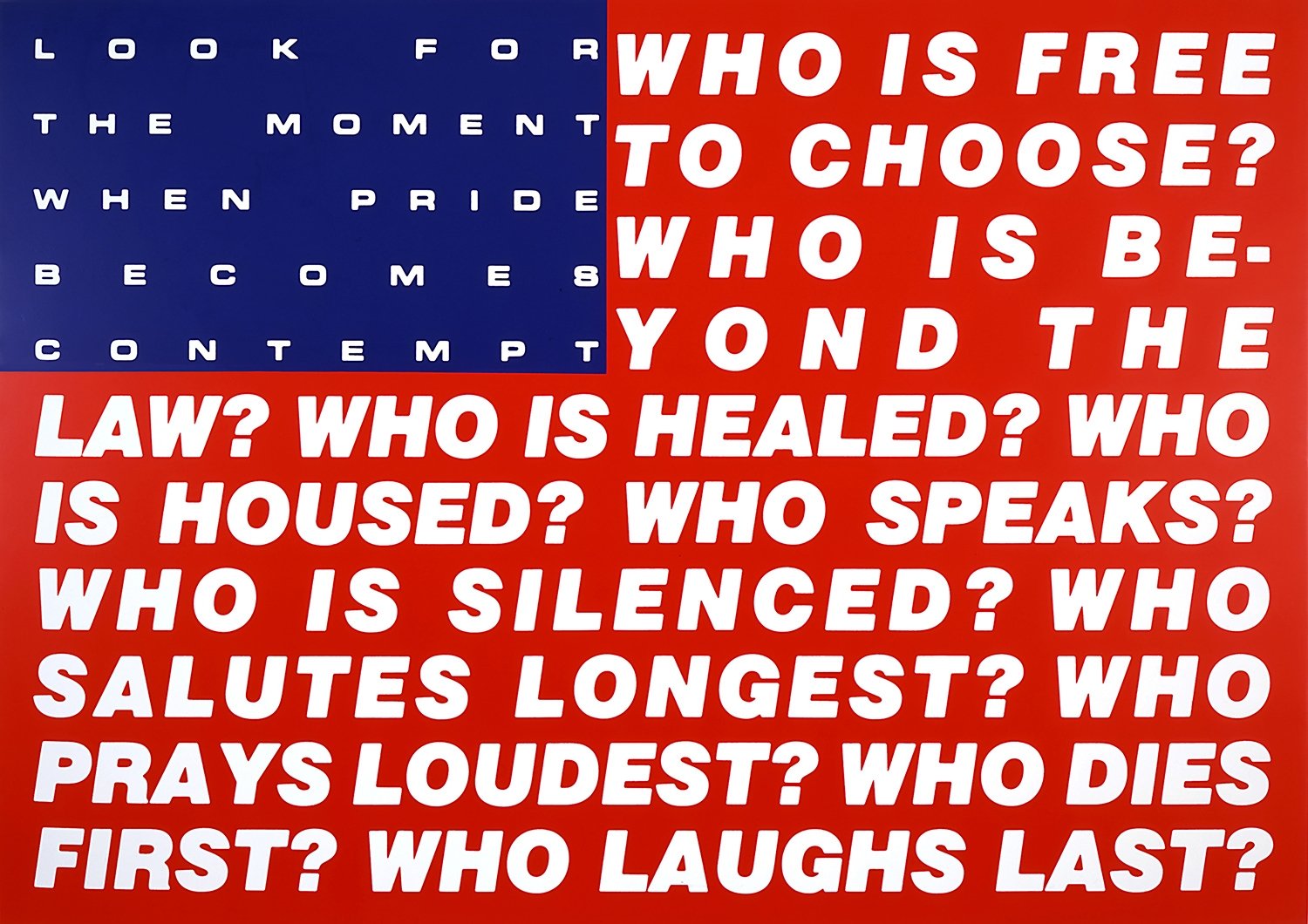
Semiotic Weapons
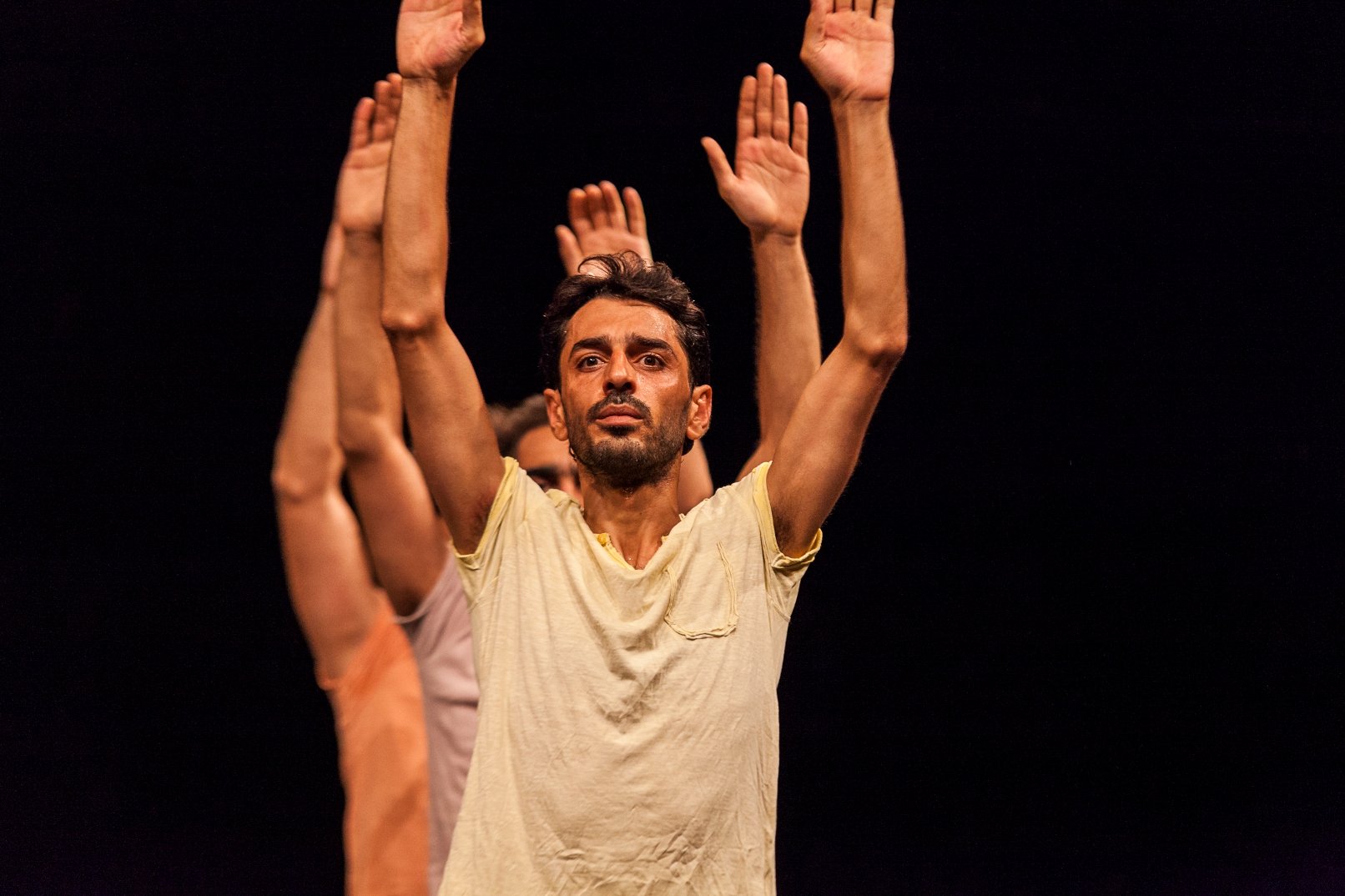
Mithkal Alzghair: Dancing Displacement
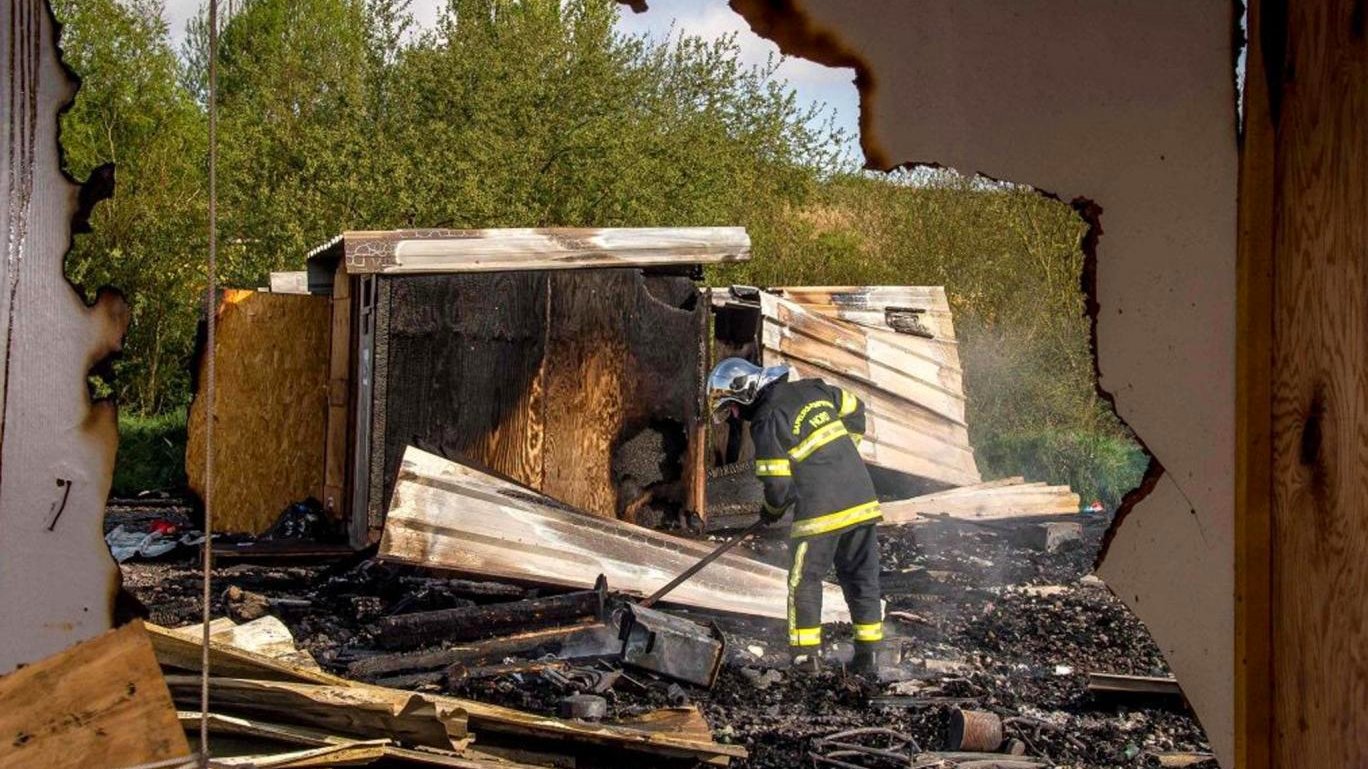
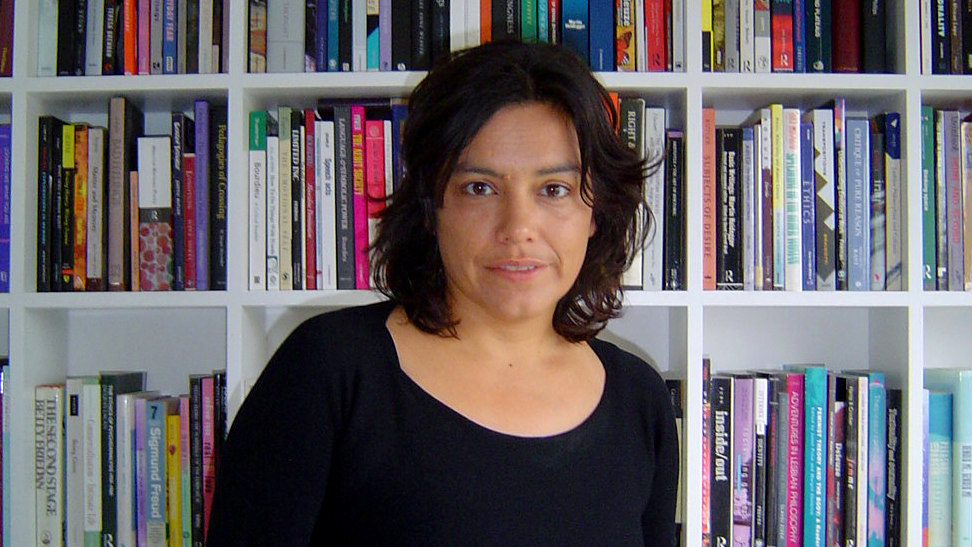
Sara Ahmed: Notes from a Feminist Killjoy
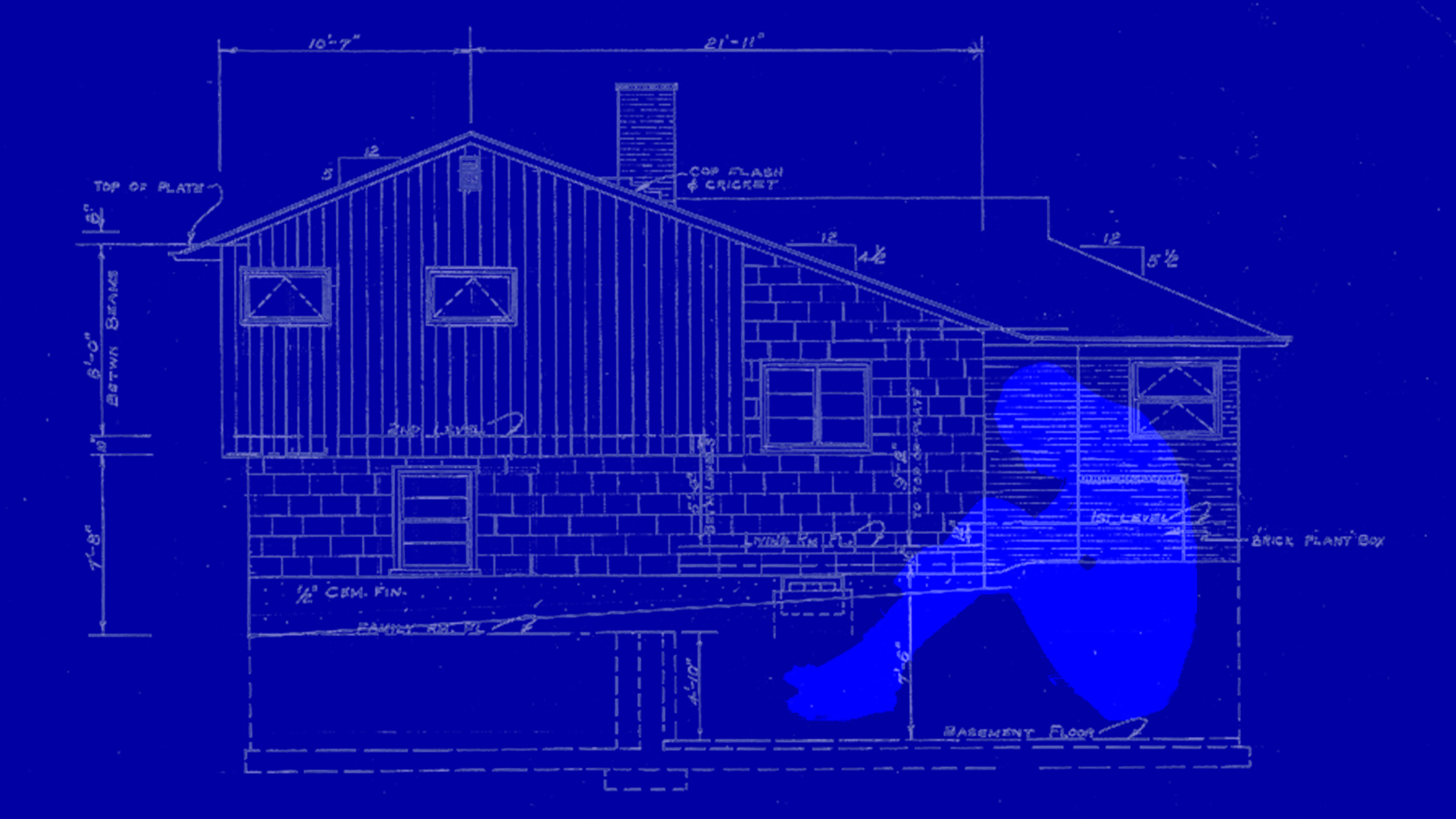
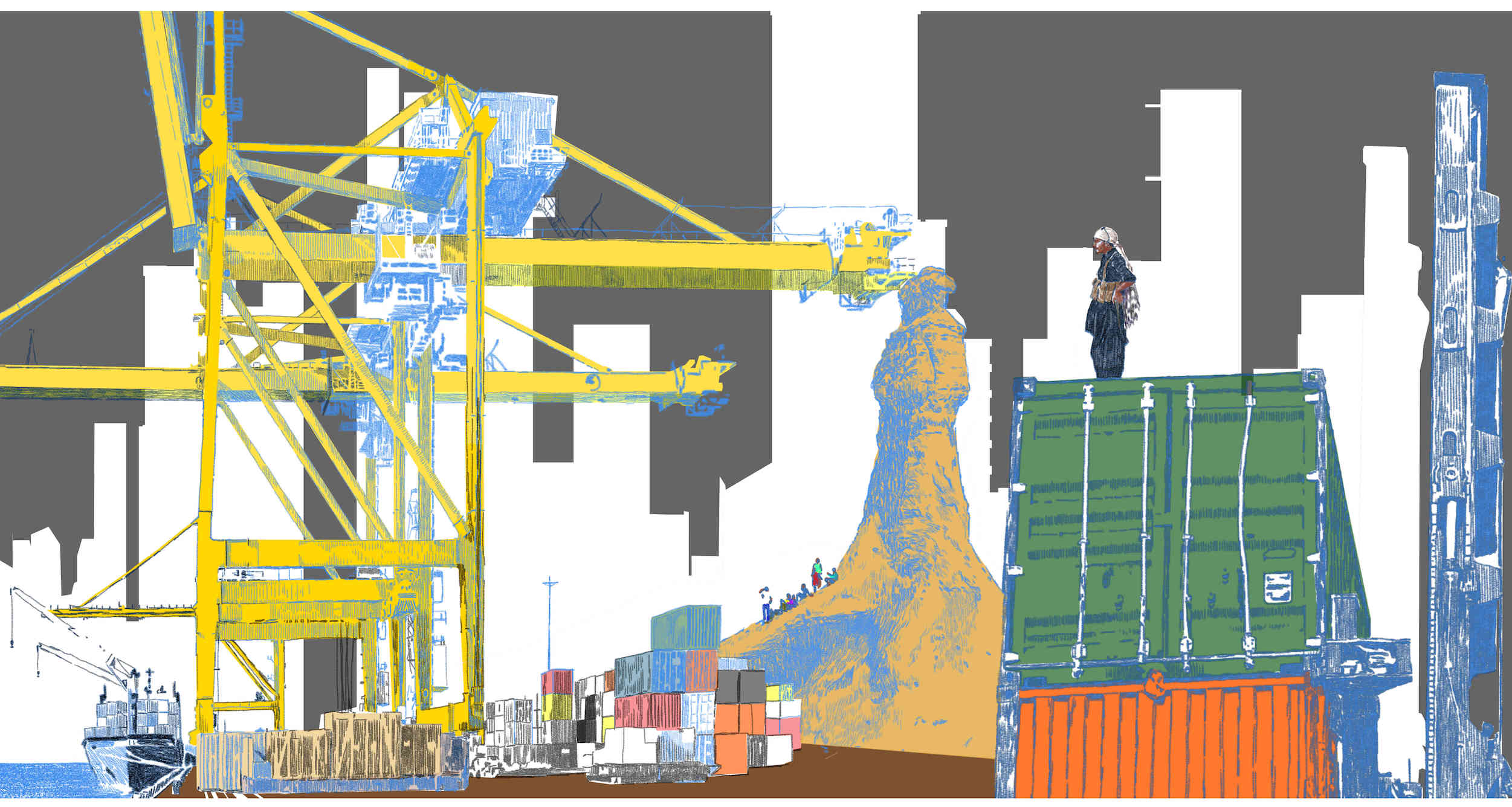
The Mountain and the Dry Desert Are Mine

Waiting for Bill


The Lamentable Tragedy of Stephen K. Bannon

Under the Water
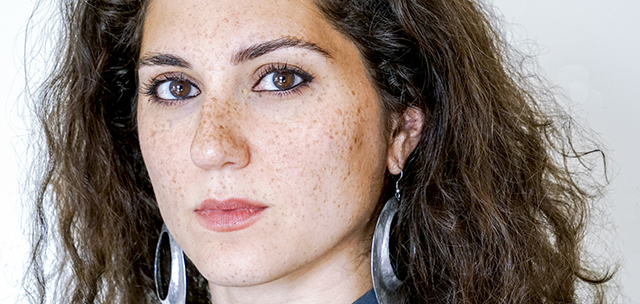

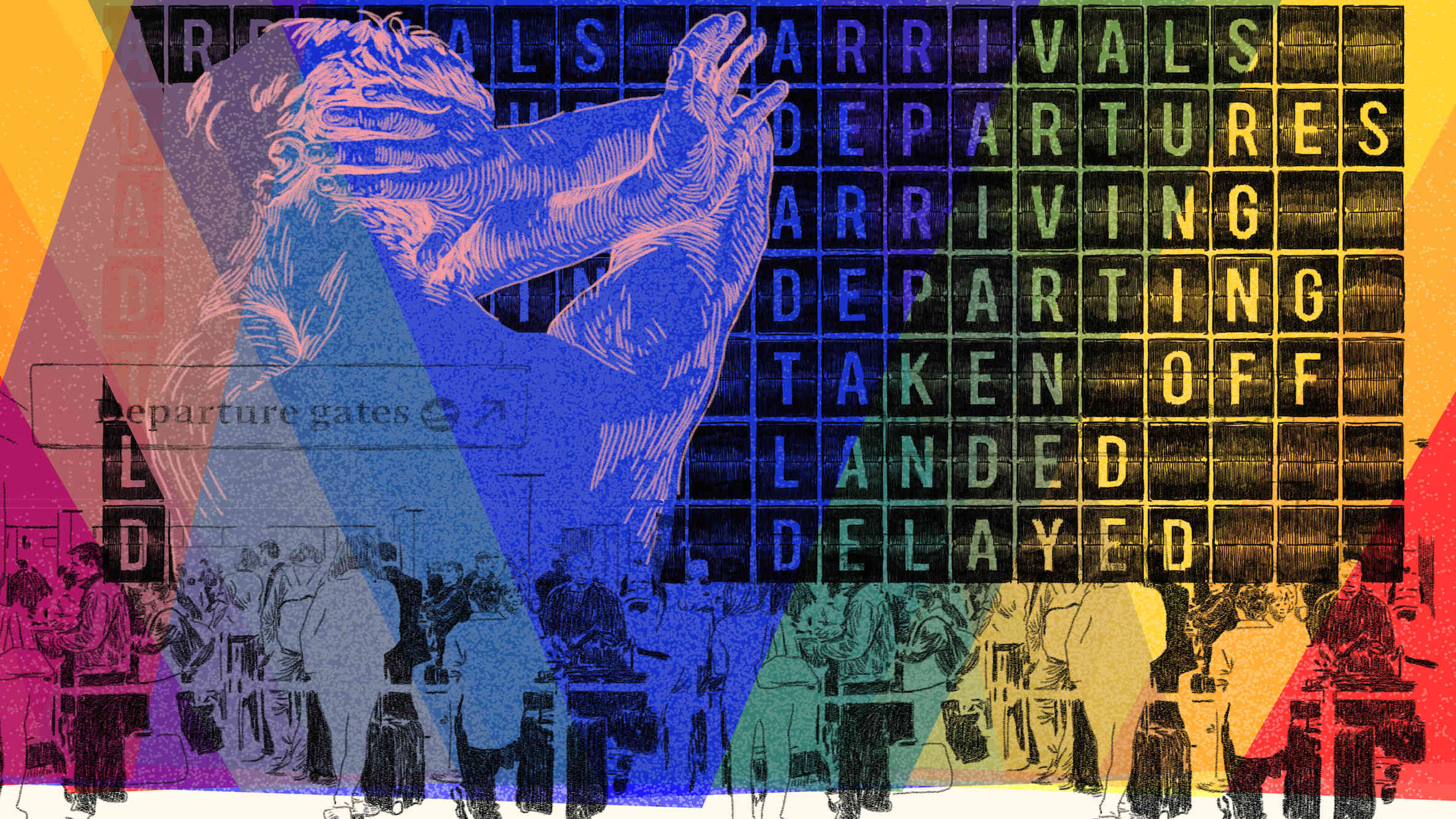
Out of the Iron Closet

Elif Batuman: Speaking Different Languages
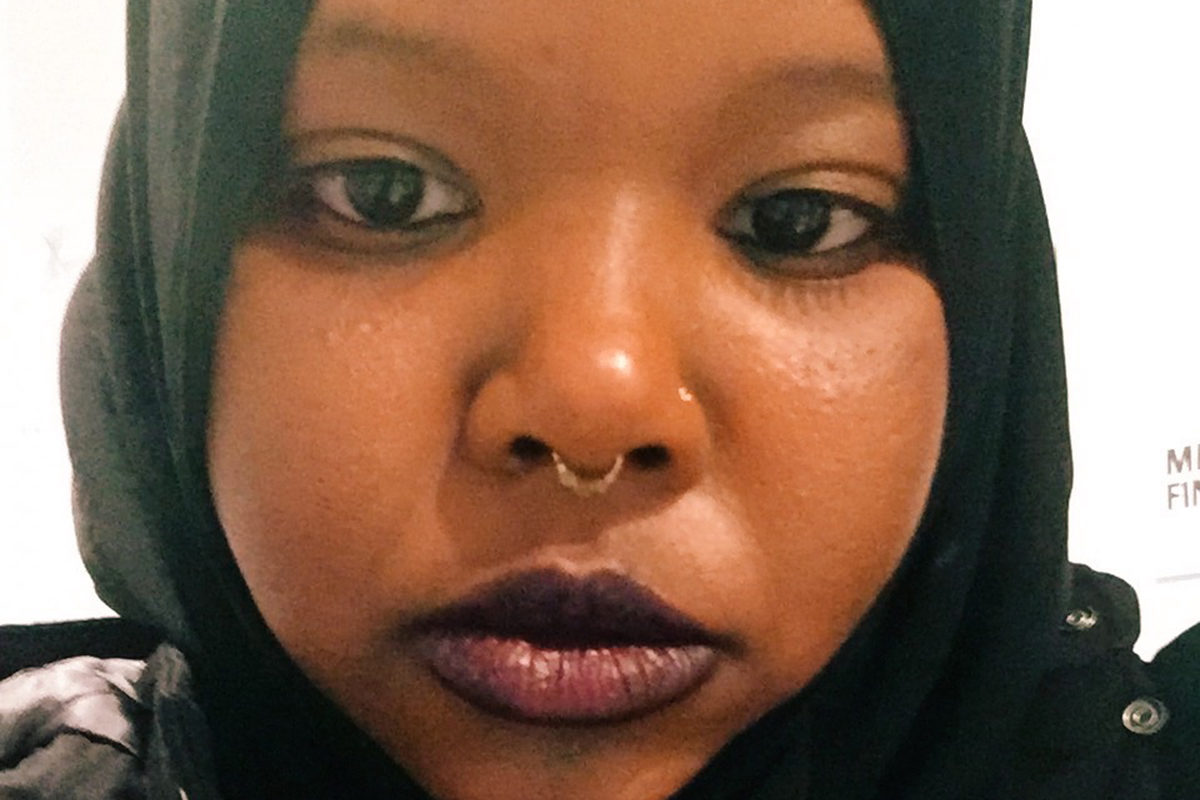
Kameelah Rasheed: Who Will Survive in America?



Sharing Seats

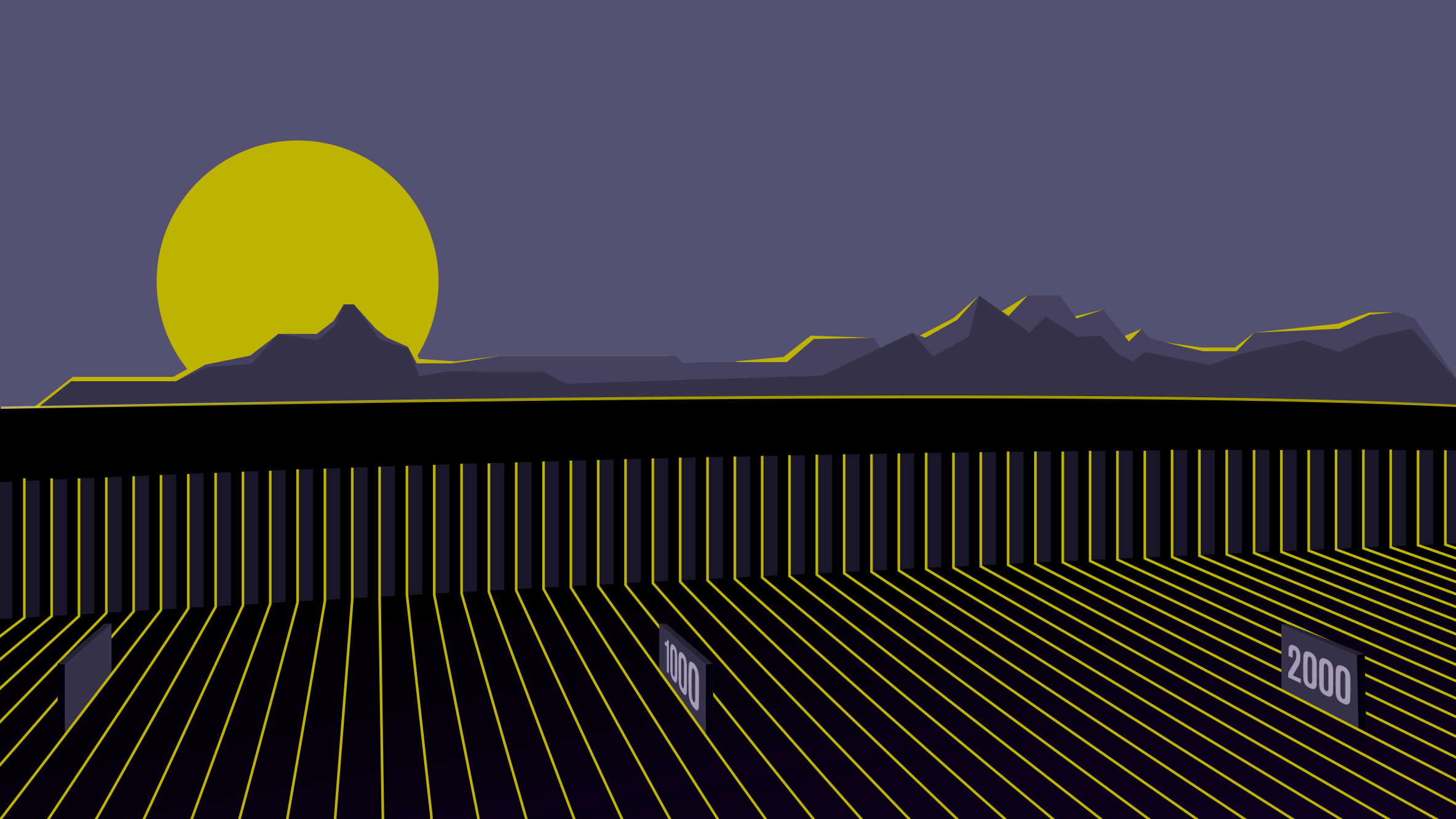
“Build That Wall!”: A Local History
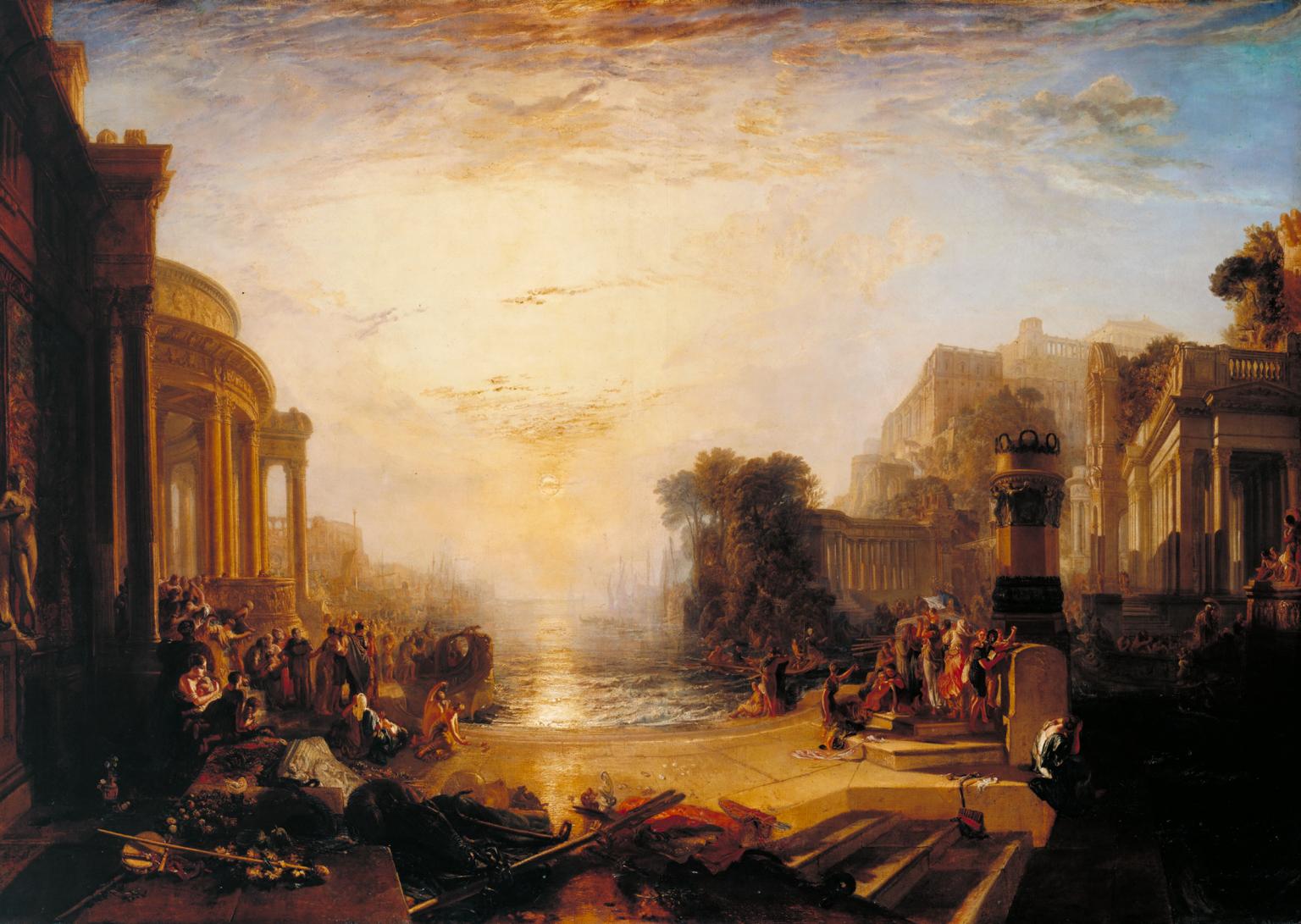
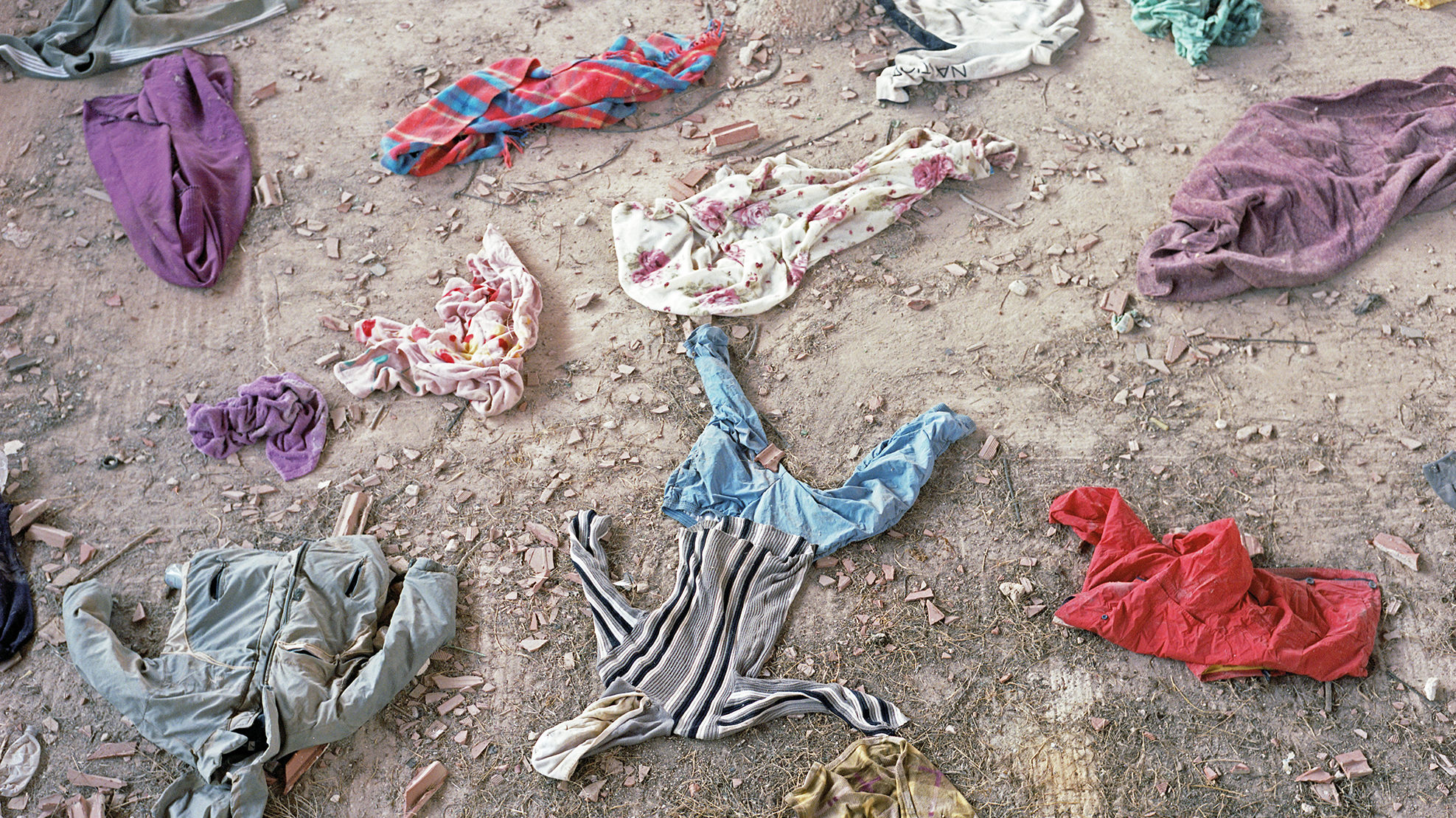

Indulge the Other
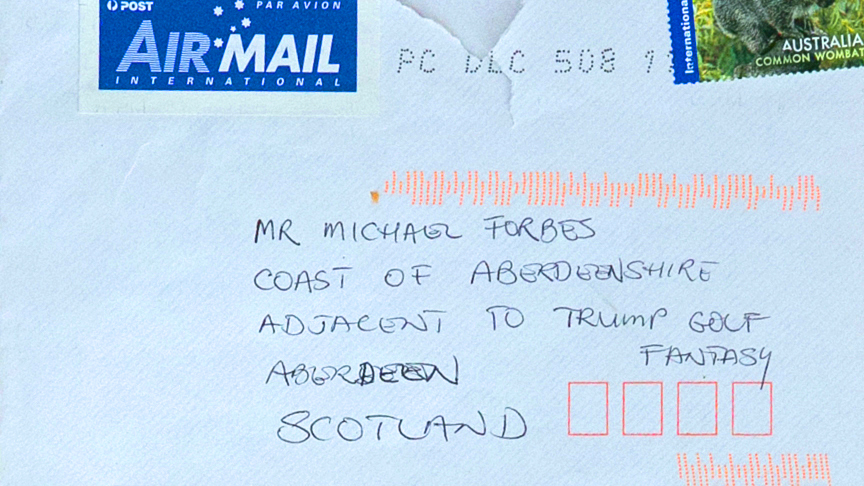
The Forbes 100
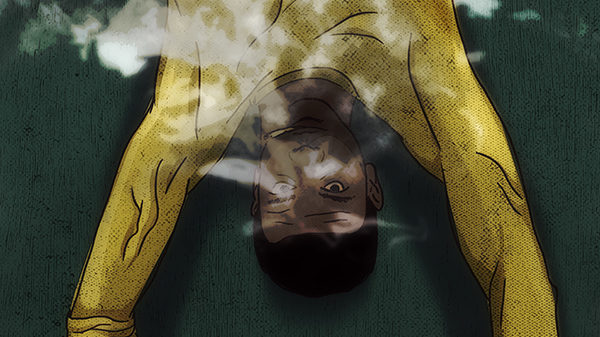
The Clown and the Caliphate
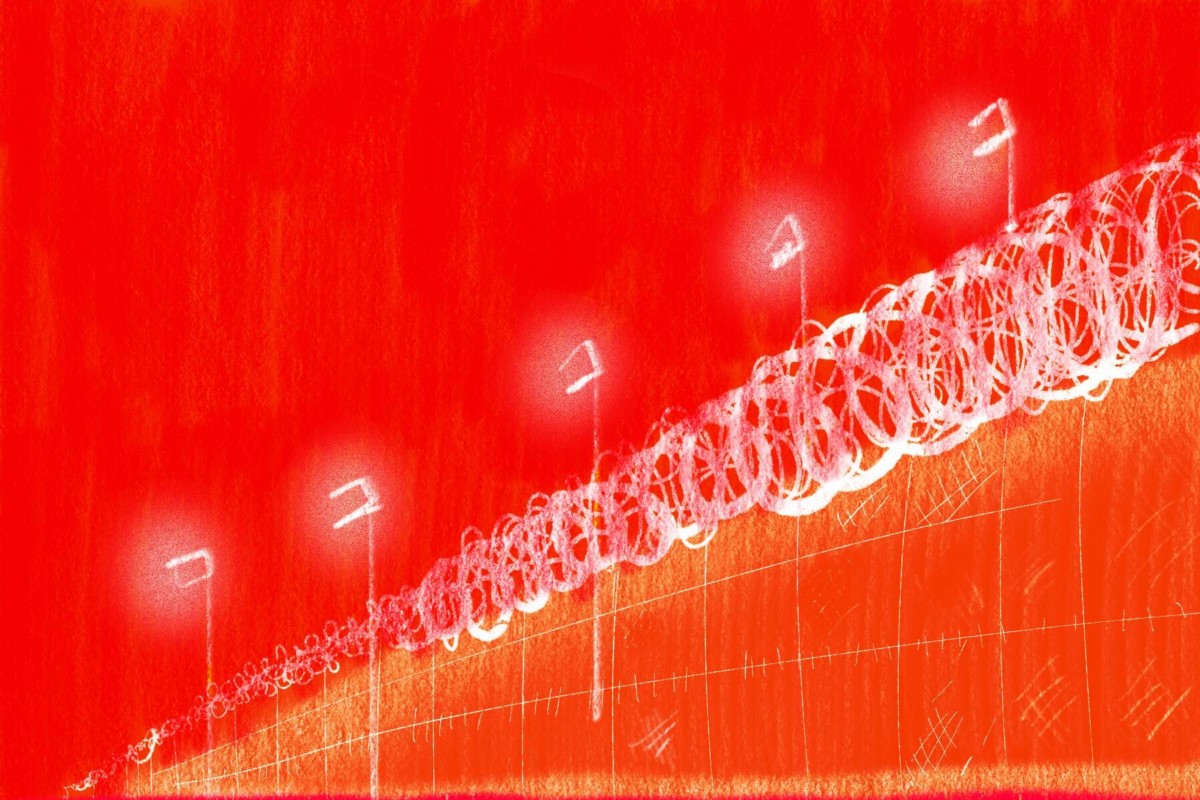
Trumpworld
Billed as an aberration, Donald Trump's anti-immigrant rhetoric is anything but.
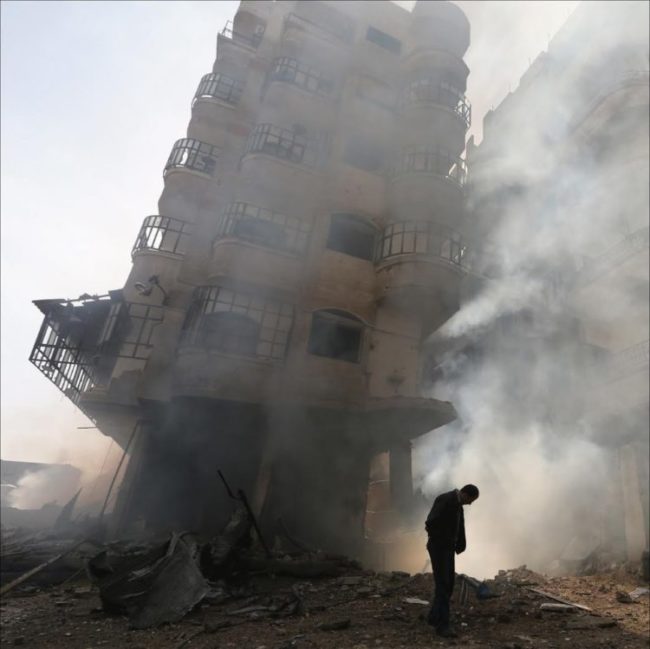
Robin Yassin-Kassab and Leila Al-Shami: Mirror from Damascus
In a war that remains unfinished, two Syrian-British writers acknowledge and affirm those whose stories and lives may be lost in its course.
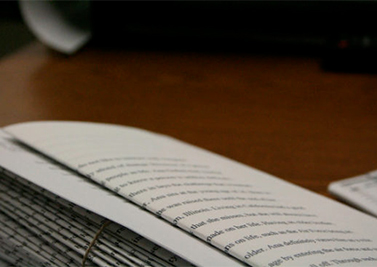
Donald Trump and Freshman Essays
On the value of uncertainty—in college essays and American politics.

The Mystery Box
The artist Jonathan Horowitz takes on presidential politics, again.

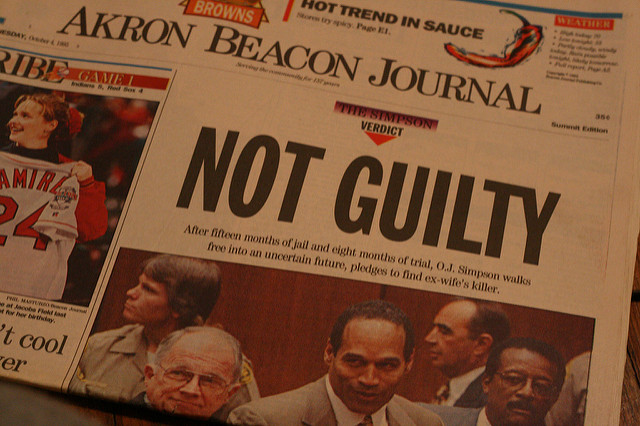
The Racial Dynamics of Justice—When Life Imitates Art
Reading the OJ Simpson trial through a novelistic lens.
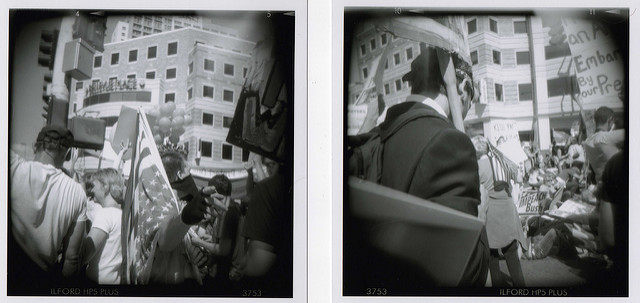
The Vanity of Crowds
Shakespeare warned against treating democracy as a popularity contest.

Jose Orduña: A Good Deal of Light
Jose Orduna on asserting personhood as resistance, the connection between activism and essays, and being 'aggressively bilingual'
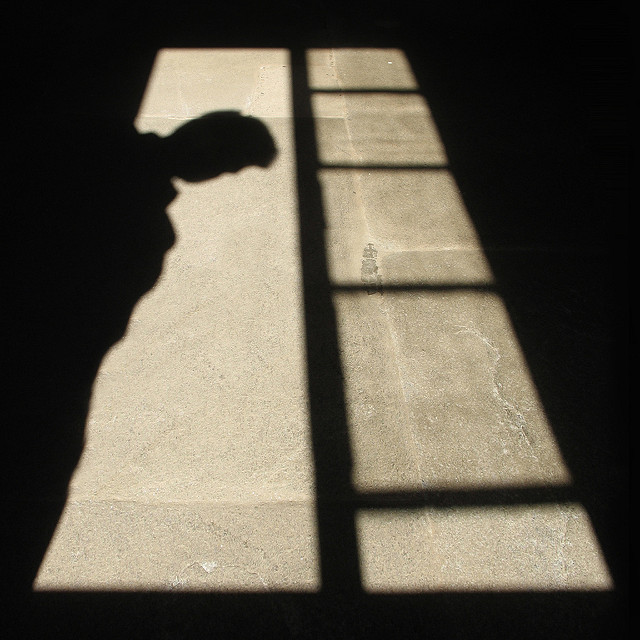
Behind the Hostage Detention of Bangladeshi Tahmid Hasib Khan
Even as Holey Artisan Bakery in Dhaka gets back to normalcy after a deadly siege a month ago, Bangladesh wrestles with the rising specter of extremism.
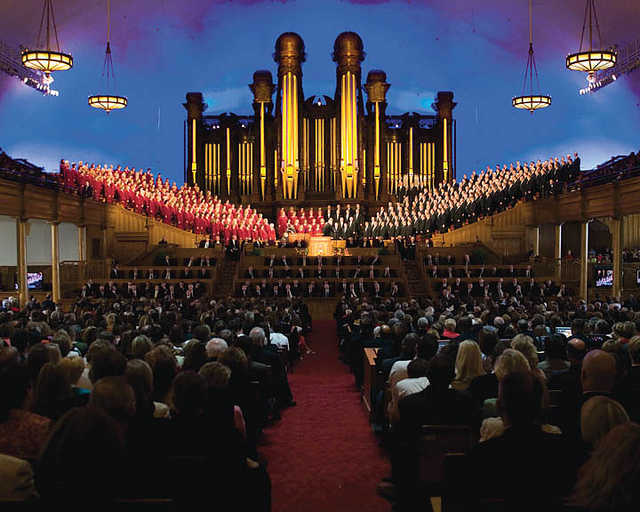
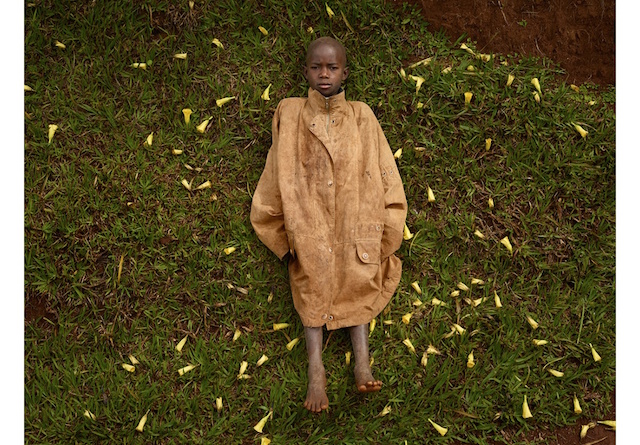
To Give Memory a Place
Pieter Hugo's latest portrait series examines the quiet afterlives of apartheid and genocide.
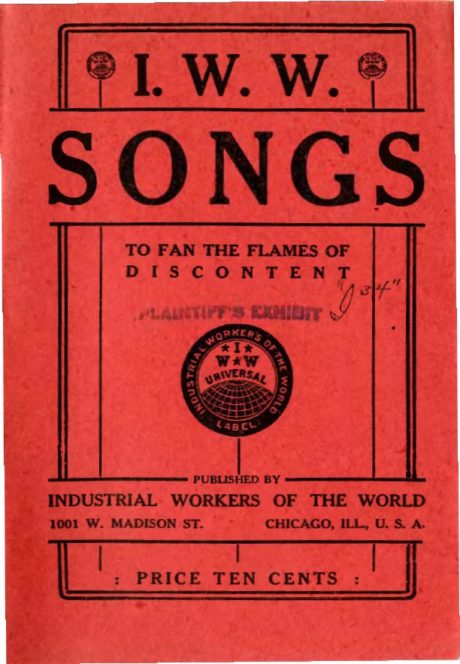
“The Internationale,” Anecdotally
On Music: The perfect song to sing in times of uprising, at Occupy Wall Street, or before a Seder dinner—and always en masse.

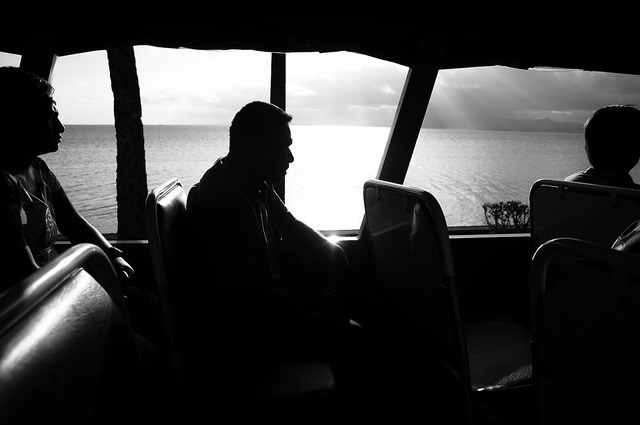
Three Strikes
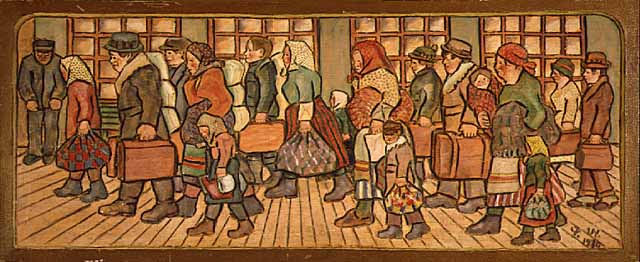
Chasing Transparency
Discretionary policy on immigration has largely operated behind closed doors,something experts have long questioned.
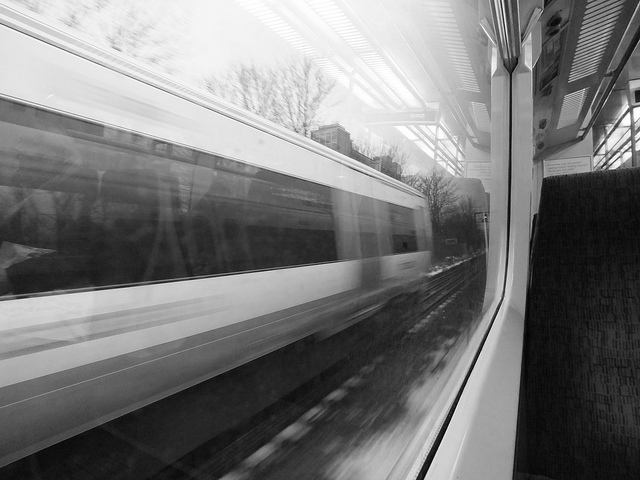

Morning in Machine Gun America
Exploring American gun culture and the thin line between fact and fiction.
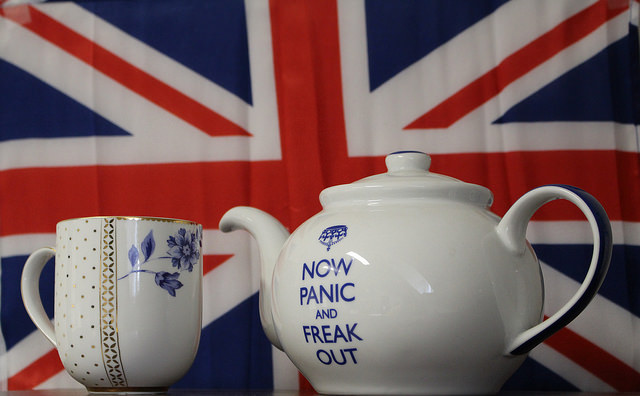
The Brexit Delusion
A British expatriate reflects on the country's "Leave" vote.